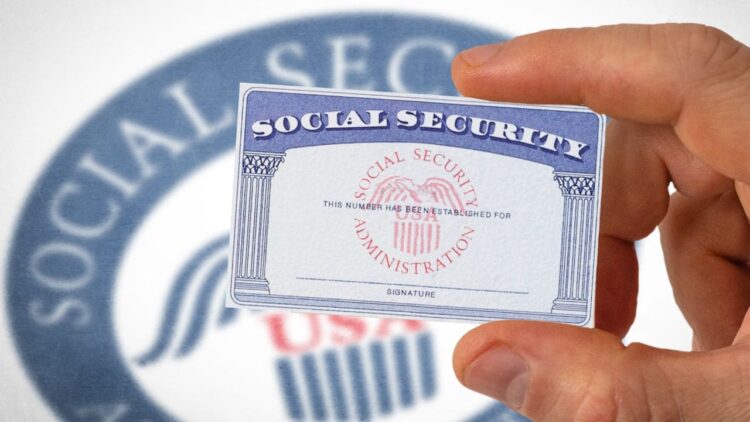While it is true that in the United States starting to collect a retirement payment is something that can fix the life of a United States citizen, it is also true that that citizen may stop getting a check at some point. Social Security retirement payments are a fundamental financial guarantee for millions of beneficiaries, that is absolutely true. However, getting this benefit is neither automatic nor perpetual, as there are strict regulations that must be met to avoid interruptions. The Social Security Administration (SSA) oversees these requirements to maintain transparency and ensure the proper use of public funds.
Among the most common causes for payment suspensions are errors in updating personal information and significant omissions in reporting changes in lifestyle or income. It is essential that beneficiaries understand the main reasons that can lead to this situation and the measures necessary to avoid it.
Ignorance or failure to comply with these regulations could leave beneficiaries without this essential income, affecting their financial stability. Therefore, it is important to know all the main reasons for the suspension of these benefits and how to effectively avoid them.
Main reasons for the suspension of retirement benefits
The SSA establishes clear rules that, if not followed, can result in suspension of payments. Here are five of the most relevant reasons:
- Unreported change of residence: Beneficiaries must report any change of address, as the SSA requires this information for proper distribution of payments. Foreign travel of more than 30 days must also be reported, as it may affect eligibility.
- Additional Unreported Income: Working while getting a retirement is not prohibited, but any additional income must be reported. This includes both part-time employment and salary increases, as they could change the amount of benefits.
- Changes in family status: Changes such as marriage, divorce, or the birth of a child are relevant to SSA and should be reported immediately, as they may influence eligibility or payment amounts.
- Criminal conviction or incarceration: During time of incarceration, beneficiaries are not eligible to get retirement payments, as their basic expenses are covered by the state.
- Failure to update personal information: SSA conducts periodic eligibility checks. Failure to respond to requests for information or ignoring established deadlines could result in payments being suspended.
These reasons are clear indications of the importance of maintaining constant communication with SSA. Failure to do so may result in payments being temporarily suspended until the situation is regularized.
How to Avoid Suspension of Retirement Benefits
Avoiding suspension of payments is entirely possible by following certain practices. The first is to be sure to report any major changes to the SSA. This includes modifications in income, changes of address, and alterations in marital status.
On the other hand, it is crucial to keep personal information up to date and respond to SSA requests in a timely manner. Using available digital tools, such as the SSA’s online portal, facilitates this process and reduces the likelihood of errors.
In addition, beneficiaries should be aware that these funds are intended to ensure their well-being. Misuse of the money, such as diverting funds for impermissible purposes, can also lead to sanctions, including suspensions or, in severe cases, the definitive cancellation of the benefit.
Complying with these regulations not only ensures continuity of payments, but also avoids legal and financial setbacks, allowing you to enjoy a peaceful and stable retirement in the United States.








